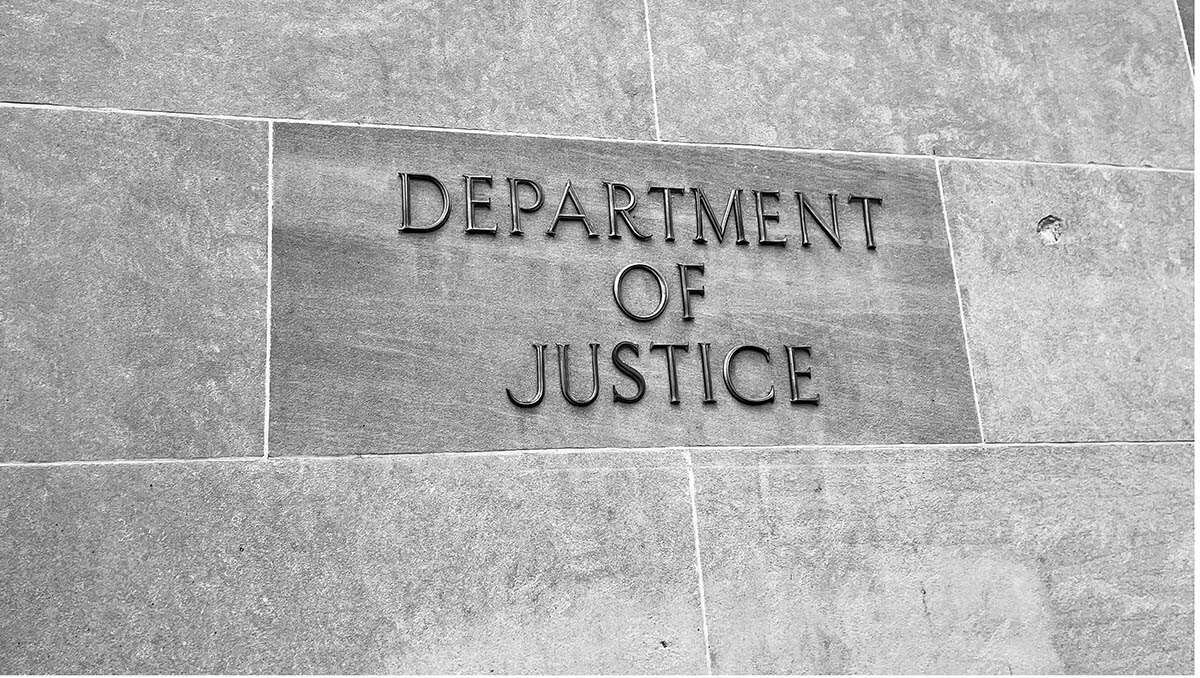UPDATE: The Corporate Transparency Act May Still Apply to You
On March 1, a district court judge ruled that the Corporate Transparency Act (CTA) is unconstitutional. However, his decision applied only to the...
2 min read
 Cathy Lydon, CPA
:
October 17, 2017
Cathy Lydon, CPA
:
October 17, 2017

October 17, 2017 — Fraud. It comes in many forms, and some firms, organizations, and institutions are more vulnerable than others.
Nonprofits can be some of the most susceptible organizations, as they are often not implementing fraud mitigation best practices like rigorous internal controls and financial oversight.
Many Nonprofits struggle to find:
- qualified candidates for executive positions;
- members willing to help institute internal controls; and
- members willing to be part of a financial oversight committee.
In fact, some embezzlement happens before funds are even deposited into company checking. Donor checks get scanned, altered, and cashed. Fundraising dollars get pocketed. A fraudster opens a shell organization with a similar name as their Nonprofit and preys on donor generosity.
Think it's uncommon? Think again. The Washington Post conducted an analysis of reported diversions from Nonprofits, and if it tells you anything, it’s that an organization of any size can be hit by such a scandal.
Charter schools, business leagues, civic organizations, and others are all potential victims of fraud. All it takes is an individual with a financial hardship, criminal intent, and the opportunity to get away with theft. If you take steps to spot it, you may be able to catch something before it ever grows to become a crisis.
"Theft by disbursements" is when someone with a position of oversight drains funds from company coffers.
How do you know if someone is embezzling funds from your company? In a common disbursement scheme, a bookkeeper uses an organization's checkbook to pay unauthorized personal expenses. These can include credit cards or car payments, and the offender usually issues checks payable to “cash” or to themselves.
These individuals often get away with it until someone requests a balance sheet, a listing of annual disbursements, access to canceled checks, or a copy of bank statements. To hide the theft, the individual may overstate the organization’s cash balance. To catch a thieving bookkeeper, get a bank statement and verify that the amounts agree. If the bank balance is less than the alleged cash balance, it may be time for a closer look.
Imagine that you are a company president. A vendor calls, upset about an outstanding invoice that has gone unpaid. That’s when you learn that your bookkeeper has victimized you. The cash is gone, and there aren’t adequate funds to pay the vendor.
Often times, fraud goes unnoticed when board members are too busy to get involved with implementing internal controls.
Some organizations neither budget for an outside audit nor incentivize enough members to serve on a financial oversight committee.
Many volunteers would rather take on less weighty matters than looking over bank statements. When it comes to money and accounting, tasks are even sometimes left up to a single treasurer. Due to recruitment challenges, they are sometimes someone who has a personal connection to the nonprofit but lacks an established track record of integrity in such a role. Treasurers should be held accountable, no matter how honest or respected they are perceived to be.
In some Nonprofit organizations, the treasurer is not required to report bank statements to a second party. This can be a huge mistake! Transparency discourages fraud. Have someone other than the primary check-signer reconcile bank accounts each month. Find an unauthorized payment? It may be time to consider calling a forensic accounting professional.
Working together with them, you can introduce some simple internal controls. That way, you can ensure that more donor money goes where it should - toward doing good.
Do you have questions about preventing fraud at nonprofit organizations, or other fraud issues? Please contact Cathy Lydon today at 651-255-9337 or clydon@redpathcpas.com.

On March 1, a district court judge ruled that the Corporate Transparency Act (CTA) is unconstitutional. However, his decision applied only to the...

Bookkeeping is strategically important for every business because financials form the foundation for daily operations and future planning....

In a decision issued March 1, 2024, U.S. District Court Judge Liles Burke ruled that the Corporate Transparency Act (CTA) is unconstitutional....